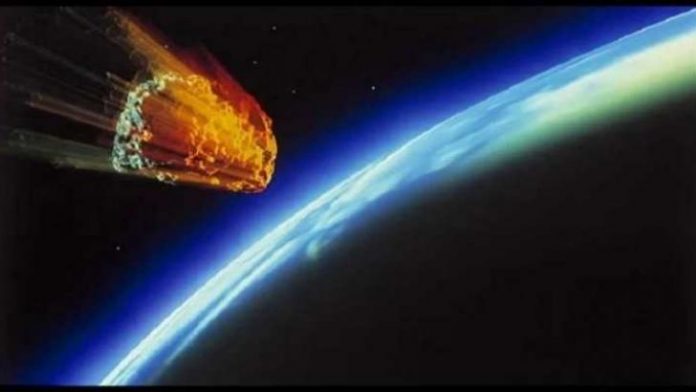2017 VR12 will pass closest to Earth – 3.76 times the moon’s distance – during the night of March 6-7. It’s a good target for radar, and amateur astronomers might catch it with small telescopes.
On March 7th, the asteroid named “2017 VR12” will make its closest approach to Earth, coming within around 870,000 miles. That’s a much larger buffer zone, but the rock itself is also a great deal more massive than 2018 DV1. 2017 VR12 is thought to measure over 500 feet wide, and might even be as large as 1,500 feet wide based on the most recent observations. That’s large enough to warrant a NASA label of “potentially dangerous.”
According to NASA, both asteroids should pass safely by our planet and aren’t expected to cause much of a headache. That’s obviously good news, especially since the smaller of the two, 2018 DV1, will actually be quite close when it makes its pass. 70,000 miles is a mere hair’s width in cosmic terms, and is well within the orbit of the Moon which orbits at around 240,000 miles.
2018 DV1 is a fairly recent discovery. Asteroids of this size are very hard to spot until they get much closer to Earth, while larger rocks like 2017 VR12 catch the eye of astronomers from a much greater distance. Even if 2018 DV1 were to strike the planet, it’s small enough that it would likely not do very much damage, and certainly wouldn’t threaten the planet as a whole.
2017 VR12, on the other hand, has some potential to do serious harm if it were to end up in a collision course with our planet. It’s considered a medium sized rock, based on the size of asteroids that have been logged in the past, and it’s not even in the same league as the really big ones. Still, at as large as 1,500 feet wide, it’s not small. Thankfully, it appears it will easily miss us this time around, and NASA says it’s not expected to fly back into our neighborhood again for another 177 years or so.















